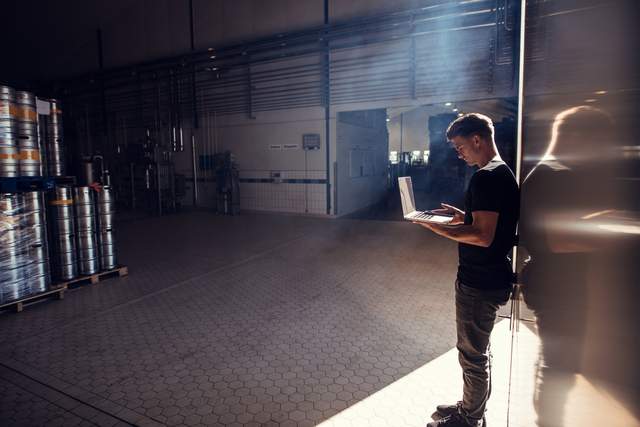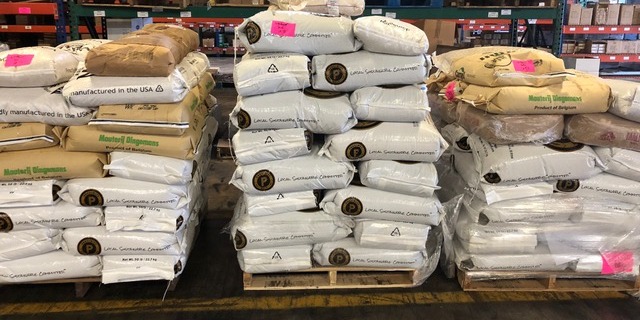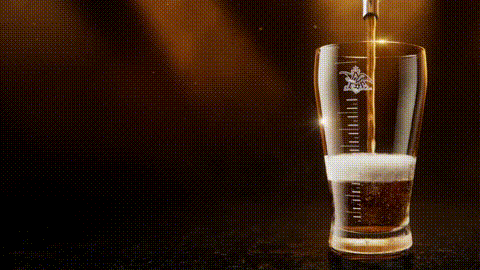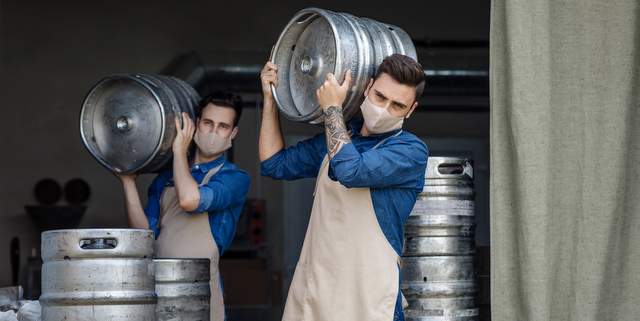
It goes without saying that thousands of breweries have been affected adversely by COVID-19 and the subsequent economic downturn. While there have been several federal and state measures taken to minimize the financial burden, one existing Internal Revenue Code section may help businesses sustain or even increase cash flows in the interim.
Under Section 165(i) of the Internal Revenue Code (IRC), taxpayers that have experienced financial hardship due to identifiable natural disasters have the option to accelerate certain related losses to the tax year immediately preceding the tax year in which the financial loss was experienced. Section 165(i) is only applicable when an extraordinary event is recognized and approved by the President as validating assistance under the Stafford Disaster Relief and Emergency Assistance Act.
President Trump issued an emergency declaration on March 13, 2020, in response to the COVID-19 pandemic. With this declaration in place, businesses now may claim losses related to COVID-19 on their 2019 tax return, reducing taxable income, potential 2020 estimated tax payments and potentially refunding prior tax payments made.
The test:
In order to utilize Section 165, all four points below must be true:
- The loss must be caused by an identifiable event
- The loss must occur in the taxable year of the identifiable event
- Any financial loss must be substantiated by completed transactions, and
- Any loss sustained cannot be covered by insurance proceeds
Qualified financial losses:

While not all inclusive, below are examples of qualifying losses and casualties that may be eligible for acceleration to 2019 if they meet the four points mentioned above:
- Prepaid raw materials, brewing supplies or inventory used to fulfill a contract that has been cancelled
- Prepaid events, travel, conference space, hotel rooms, etc. if not refunded or provided a credit
- Permanent retirement or abandonment of brewing equipment
- Payments required in order to cancel contracts, leases or licenses
- Full abandonment of leasehold and tenant improvements
- Costs related to pending business deals that have been cancelled or abandoned
- Costs related to the closing of satellite taprooms
- Worthless or spoiled inventory due to state shutdown
Temporary, speculative or subjective losses like decreased revenues or decline in the fair market value of property due to lowered consumer demand do not qualify for treatment under Section 165.
Making the election under IRC 165(i):
In order to accelerate and report 2020 COVID-19 related losses on a 2019 tax return, the company must make an election under IRC 165(i). The election must be made on an originally filed federal tax return or an amended federal tax return filed on or before the date that is six months after the original return due date (excluding extensions) of the tax return for the year in which the disaster occurred. Put simply, calendar year taxpayers have until the fall of 2021 to file an original or amended tax return and make this election.
Conclusion:
Section 165(i) provides a seldom used opportunity for breweries to increase their cash flow as uncertain times still lie ahead. While COVID-19 related losses have plagued many, the taxpayer must accurately and carefully document and demonstrate the existence of the casualty as directly related to COVID-19. The synchronicity of a loss without establishing that COVID-19 directly caused it will not suffice for purposes of utilizing Section 165.
Tim O’Neill, CPA, is a tax supervisor and leader of food and beverage industry services at Mueller Prost CPAs + Business Advisors in St. Louis, Missouri.





Leave a Reply
You must be logged in to post a comment.